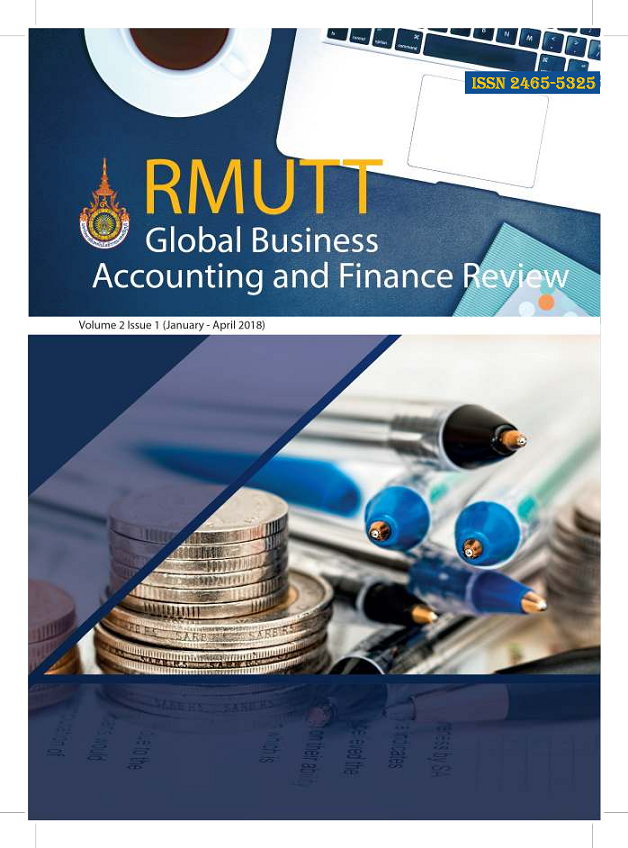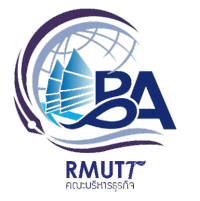THE NEXUS BETWEEN COMPANY INCOME TAX COLLECTION AND INFORMATION COMMUNICATION AND TECHNOLOGY (ICT)
Keywords:
Information Communication and Technology, Tax Revenue, e-Tax Payments, Tax Collections, Tax ComplianceAbstract
The importance of taxation in the fiscal policy management of a nation and veritable source of revenue cannot be overemphasised. Many governments across globe seek ways to improve the efficiency of generating tax revenue including adoption and use of ICT in tax operations. This paper examines the effects of the usage of ICT in tax operations in developing countries using Nigeria as a case study. Data were collected using structured questionnaires and 4 interviews. 240 questionnaires were distributed to senior staff of Federal Inland Revenue Services with 230 returned and found usable for the investigation. With the instruments of Statistical Package for Social Sciences version 21, Spearman’s rho correlation was used to establish relationship between ICT usages in company income tax collection (CIT) collections. Thematic analysis was employed for the interview aspects of the data.It was found that there is a relationship between effective company income tax (CIT) collection and the use of ICT in tax operations. The tax revenue generation increases with level of investments in information technology.
References
Adegbile, F.F., & Fakile, A.S. (2011). “The Impact of the Evasion on Federal Government of Nigeria Revenue Generation”, ICAN Journal of Accounting and Finance (IJAF). 3(1), 74 - 83.
Bird, R. M., & Zolt, E. M. (2008). “Technology and Taxation in Developing Countries: From Hand to Mouse”, National Tax Journal, 61(4), 791 - 821.
Chatama, Y. J. (2013). The Impact of ICT on Taxation: The Case of Large Taxpayer Department of Tanzania Revenue Authority, Developing Country Studies, 3(2), 91 - 100.
Collins, J. H., Millron, V. C., & Toy, R. D. (1992). Determinants of Tax Compliance: A Contingency Approach, Journal of the American Taxation Association, 14(2), 1-29.
Dutt, S. (2004). "An Analysis of the Diffusion of Information and Communication Technologies of Nations", The Global Information Technology Report, Geneva: World Economic Forum
Fu, J., Farn, C., & Chao, W. (2006). Acceptance of Electronic Tax Filing: A Study of Taxpayer Intentions Information and Management (43), 2006: 109-126.
Geetanjali, U. (2011). “ICT Application in Service Delivery: A Case of Inland Revenue Department”, NEPAL, Department of General and Continuing Education, North South University, Bangladesh.
Githinji, R. K., Mwaniki, M., Kirwa, K. J., & Mutongwa, S. M. (2014). Information and Communication Technology (ICT) on Revenue Collection By Kenyan Counties, International Journal of Academic Research in Business and Social Sciences, November 2014, 4(11), 238-260.
Hai, O. T., & See, L. M. (2011). Intention of Tax Non-Compliance “Examine the Gaps”, International Journal of Business and Social Science, 2(7), 79-83.
Ho, A. T. (2002). “E-government: Reinventing Local Governments and the E-Government Initiative”, Public Administration Review, 62(4), 434-444.
Hofstede, G., Hofstede, G., & Minkov, M. (1997). Cultures and Organisations: Software of the Mind, McGraw-Hill, New York.
Jackson, B.R., & Jones, S.M.(1985, Spring). Salience of Tax Evasion Penalties Versus Detection Risk. The Journal of the American Taxation Association, vol.5, 7 - 17.
Kennedy, J. A, & Sugden, K .F. (2007).” The Impact of Taxation on the Capital Budgeting Decision of Companies”, Managerial Finance, 13(3/4), 8-15.
Kerr, J (2012). “Tax Return Simplification: Risk Key Engagement, A Return to Risk?” E-journal of Tax Research, 10(2), 2012, 465-482.
Kieran, K., Glavanis-Grantham, K., & Gerard, M. (2013). “Transparency of Companies and Legal Arrangements and Anti-Money Laundering”, Report on Progress Made on Tax, Trade and Transparency During the Year of the UK’s Presidency of the G8, UK Presidency of G8 2013.
Klun, M., & Dečman, M. (2002). “E-Public Services: The Case of E-Taxation in Slovenia” Preliminary communication UDC 330.322:336.76](497.12).
Koson, S. (2006). “The Impact of ICT on the Growth of Service Industries” Paper to be pre-sented at the DRUID Summer Conference 2006 on Knowledge, Innovation and competitive-ness: dynamics of firms, networks, regions and institutions, Copenhagen, Denmark, June 18-20, 2006.
Liew, R (2004). Turning the Tables on Bogus Accountants & Tax Consultants, Accountants Today, 24 -27.
Manaf, N. A. (2004). “Land Tax Administration and Compliance Attitude In Malaysia”, un-published doctoral thesis, University of Nottingham, United Kingdom.
Muwonge, H. L. (2011). “The Influence of Electronic Tax Filing System on Tax Compliance and Tax Collection”, Makerere University, Uganda.
Nightingale, K. (2001). “Taxation”, Theory and practice, London, Prentice Hall
Omoigui-Okauru, I. (2011). “FIRS Rakes in N2.8trn Tax Revenue”, Repositioning Edo State Using Technology, at the 2nd Edo State Technology Day 8th July, 2011, Vanguard Nigerianewspapers.com, July 2011.
Osei, R. D., & Quartey, P. (2005). Tax reforms in Ghana, Research Paper 66, Helsinki, World Institute for Development Economics Research (WIDER), United Nations University.
Silvani, C. A., & Radano, A. H. (1992). Tax administration reform in Bolivia and Uruguay. Improving tax administration in developing countries, 19, 19.
Slemrod, J. (1990). "High-Income Families and the Tax Changes of the 1980s: The Anatomy of Behavioral Response", in Martin Feldstein and James Poterba, eds., Empirical Foundations of Household Taxation (University of Chicago Press, Chicago; and NBER) pp. 169-192.
Ssewanyana, J., & Busler, M. (2007). Adoption and usage of ICT in developing countries: Case of Ugandan firms. International Journal of Education and Development using information and Communication Technology (IJEDICT), 2007, 3(3), pp.49-59.
Tomsett, E. (2008). “European Property Investment Taxation”, J. Pro.Fin., 1, 4, 33-78
Turner, L., & Apelt, C. (2004). Globalization, Innovation and Information Sharing in Tax Systems, the Australian Experience of the Diffusion and Adoption of Electronic Lodgment. E-Journal of Tax Research, 2(2), 241-269.
Yu, C. (2002). “Icts and Gender Equality - Women’s Rights and the Internet”, Workshop on “The World Summit on the Information Society: the Asian Response”: 22-24, Bangkok.









